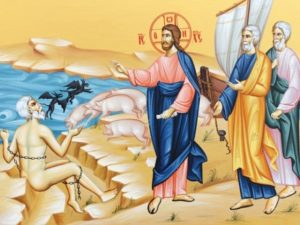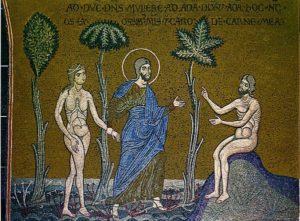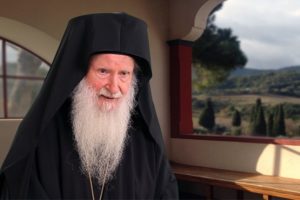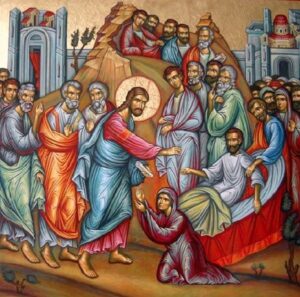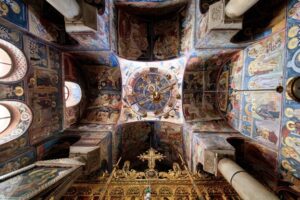Which Came First: The Church or the New Testament? -1
22 January 2016As a Jewish convert to Christ via evangelical Protestantism, I naturally wanted to know God better through the reading of the Scriptures. In fact, it had been through reading the Gospels in the “forbidden book” called the New Testament, at age sixteen, that I had come to believe in Jesus Christ as the Son of God and our promised Messiah. In my early years as a Christian, much of my religious education came from private Bible reading. By the time I entered college, I had a pocket-sized version of the whole Bible that was my constant companion. I would commit favorite passages from the Scriptures to memory, and often quote them to myself in times of temptation-or to others as I sought to convince them of Christ. The Bible became for me-as it is to this day-the most important book in print. I can say from my heart with Saint Paul the Apostle, “All Scripture is given by inspiration of God, and is profitable for doctrine, for reproof, for correction, for instruction in righteousness” (2 Timothy 3:16).
That’s the good news!
The bad news is that often I would decide for myself what the Scriptures meant. For example, I became so enthusiastic about knowing Jesus as my close and personal friend that I thought my own awareness of Him was all I needed. So I would mark verses about Jesus with my yellow highlighter, but pass over passages concerning God the Father, or the Church, or baptism. I saw the Bible as a heavenly instruction manual. I didn’t think I needed the Church, except as a good place to make friends or to leans more about the Bible so I could be a better do-it-yourself Christian. I came to think that I could build my life, and the Church, by the Book. I mean, I took sola scriptura (“only the Bible”) seriously! Salvation history was clear to me: God sent His Son, together they sent the Holy Spirit, then came the New Testament to explain salvation, and finally the Church developed.
Close, maybe, but not close enough.
Let me hasten to say that the Bible is all God intends it to be. No problem with the Bible. The problem lay in the way I individualized it, subjecting it to my own personal interpretations-some not so bad, others not so good.
A STRUGGLE FOR UNDERSTANDING
It was not long after my conversion to Christianity that I found myself getting swept up in the tide of religious sectarianism, in which Christians would part ways over one issue after another. It seemed, for instance, that there were as many opinions on the Second Coming as there were people in the discussion. So we’d all appeal to the Scriptures. “I believe in the Bible. If it’s not in the Bible I don’t believe it,” became my war cry. What I did not realize was that everyone else was saying the same thing! It was not the Bible, but each one’s private interpretation of it, that became our ultimate authority. In an age which highly exalts independence of thought and self-reliance, I was becoming my own pope! The guidelines I used in interpreting Scripture seemed simple enough: When the plain sense of Scripture makes common sense, seek no other sense. I believed that those who were truly faithful and honest in following this principle would achieve Christian unity.
To my surprise, this “common sense” approach led not to increased Christian clarity and unity, but rather to a spiritual free-for-all! Those who most strongly adhered to believing “only the Bible” tended to become the, most factious, divisive, and combative of Christians-perhaps unintentionally. In fact, it seemed to me that the more one held to the Bible as the only source of spiritual authority, the more factious and sectarian one became. We would even argue heatedly over verses on love! Within my circle of Bible-believing friends, I witnessed a mini-explosion of sects and schismatic movements, each claiming to be “true to the Bible” and each in bitter conflict with the others. Serious conflict arose over every issue imaginable: charismatic gifts, interpretation of prophecy, the proper way to worship, communion, Church government, discipleship, discipline in the Church, morality, accountability, evangelism, social action, the relationship of faith and works, the role of women, and ecumenism.
[Το Be Continued]








